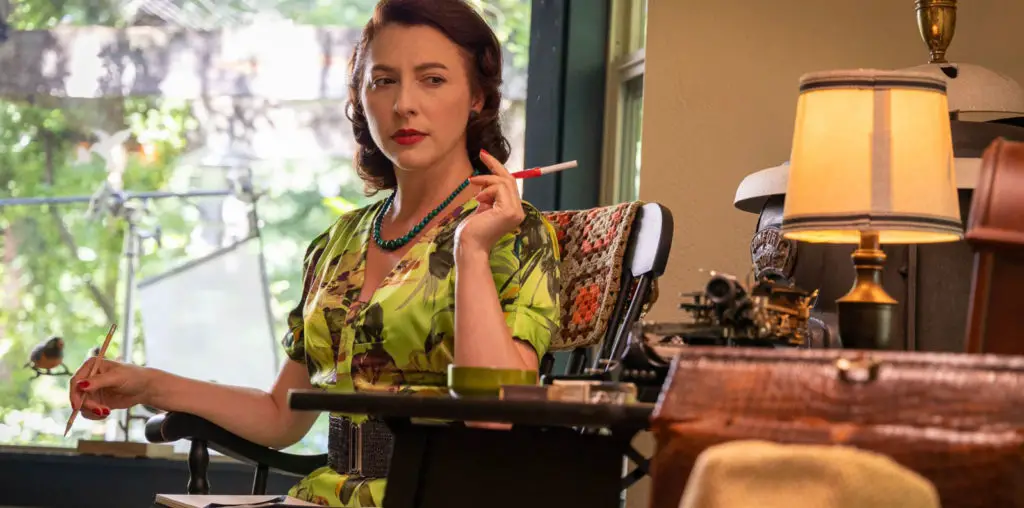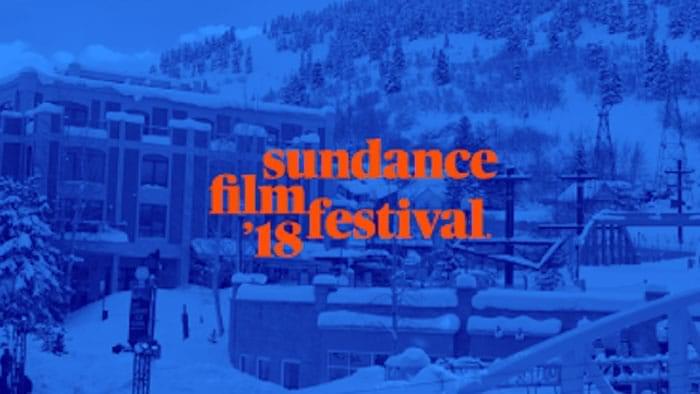
Crispin Glover is an obvious source for parody – after all, the man is a walking parody of himself. The Glover performance extends from the movie set right into interviews and his everyday existence. His “real life” eerie-cool-meets-geek is just a notch down from the over-the-top, scene-stealing presence in any film daring enough to cast him. And with such success on screen, perhaps it’s all more than worth it. “Dead Man” and “The People vs. Larry Flynt” prove to be as much about Glover as they are about their putative stars. I bet Johnny Depp still revels when thinking back to their match up in the former film’s “shoot-ting buff-a-lo” scene, and that Woody Harrelson has vowed to never work with such an effortless scene-snatcher again. (Just one line was enough for us to forget about Flynt and desire a storyline for Glover’s character.)
Now, David Lynch is something of a different breed. The man doesn’t channel eerie – he embodies it. His reserved demeanor belies its inherent oddities. No one ever doubts that he’s the guy who made everything from “Eraserhead” to “Inland Empire” – we just wonder what the hell he has coming next. His high-pitched voice and otherworldly coif made someone as zany as Mel Brooks pin him to be “Jimmy Stewart from Mars,” after all.
The subtlety of Lynch makes him tough to parody, while Glover is as readily usable as Peter Falk. Hence, we see the skills at work in the quite worthy online series, “David Lynch and Crispin Glover’s Big Office Blockbuster!” These shorts are obviously satires, but, as we can see from the title alone, the series veers right over to farce pretty quickly. (The idea began in forgettable skits that seem to have cumulated into “David and Crispin: Friends Till the End,” where the magic first showed.)
The two performers are more than happy to head for farcical territory. Ryan Reyes finds more Crispin than the man himself could ever channel. If Reyes first revealed his impression at a party, I bet he sent the house to the ground, though his act may grow routine in future episodes. Essentially, the series will have to add new turns to stay engaging. Not that Reyes hasn’t served up plenty in the first three episodes. The series writers – still unknown to me – can’t avoid jests on “Back to the Future,” which have made good for a few laughs already. Thankfully, Reyes finds some subtle notes in his Gloverization – just watch him float out the line, “Blue Velvet 2?”
Yet, comedian Chris Dotson’s Lynch is the real treat. The actor finds an unstrained vocal pitch that is as uncanny as it is hilarious. Dotson’s coif is pretty expansive, and the comedian can’t resist throwing in a continual, left-hand finger flutter – over-the-top, yes, but it seems to manifest the metaphysical Lynchian truth.
The series is a delightful slap to any film geek’s face, though it has much work ahead of it. By the third episode’s end, the second act has just begun – but here’s where it gets tough, as any sure screenwriter knows. And with the two parodies already rung out a good bit, it’s questionable where this will go.
Issues aside, we can’t resist the laugh-out-loud jokes that make this thing worth any buff’s time. I won’t spoil them here, but watch out for Glover’s new project that recalls – and destroys – his infamous down-syndrome-casted film, “What Is It?” (which Lynch was originally to produce before Glover moved on). The series walks a fine line between tribute and exploitation, with cracks taking down their targets in swift blows. But “Big Office Blockbuster” is just too knowing to have been made by indifferent hucksters. This is pure devotion, with self-deprecation on order.

